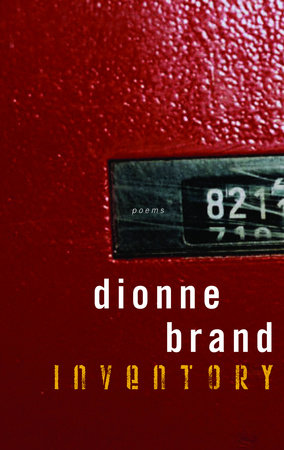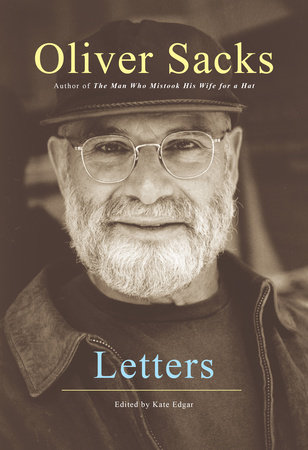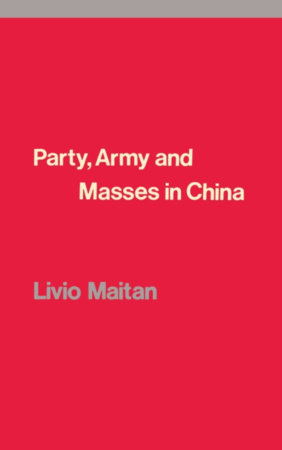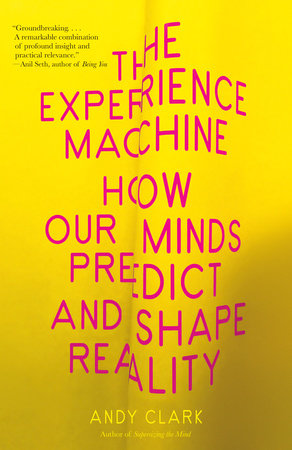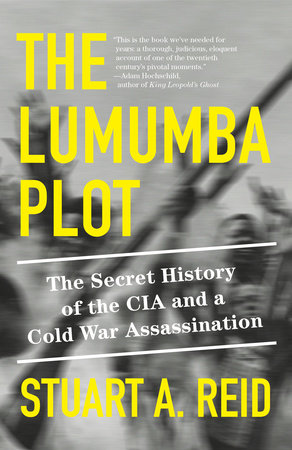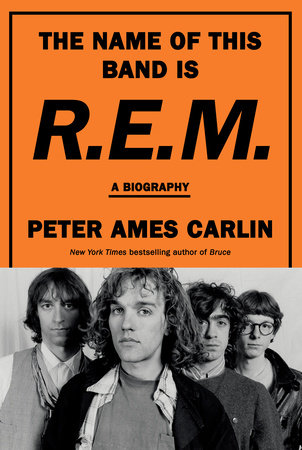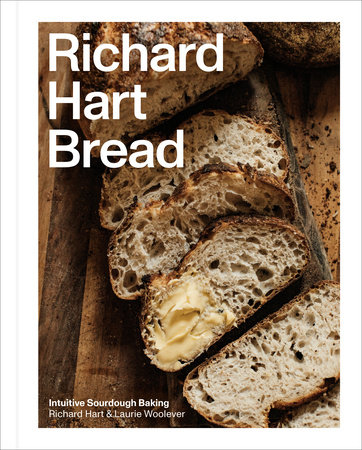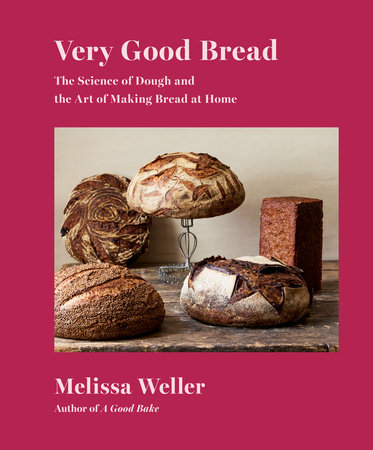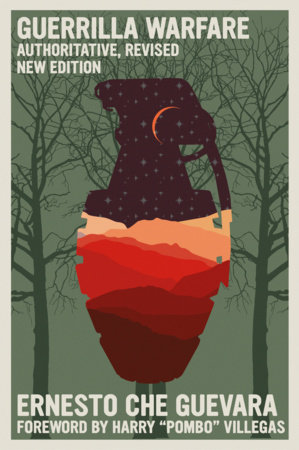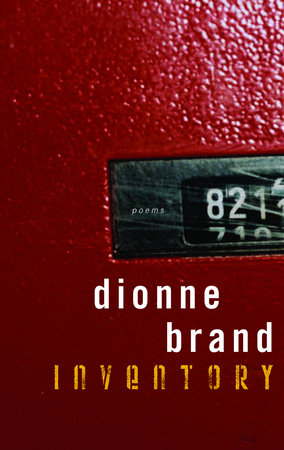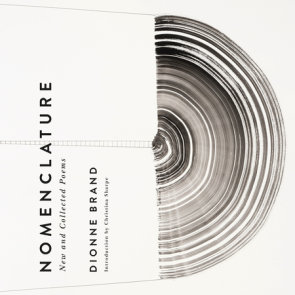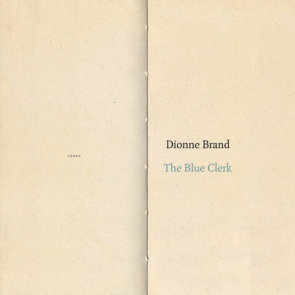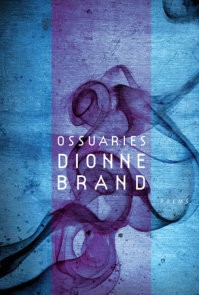A Word about the Poem by Diana Brydon
Dionne Brand’s Inventory is a long poem that tallies the physical and emotional costs of western civilization as it enters the twenty-first century, reeling with the excesses and contradictions entailed through “the militant consumption of everything.” This is a poem that conveys the emotional impact of globalization as an intensely intimate experience. To read it is harrowing, yet through the power and precision of its language, it creates an alternative vision of possibility. The first section of this seven-part poem retraces the oppressions, resistances, and complicities of imperial history, seeking to take “history’s pulse / measured with another hand.” Our civilization is sick and the poet is the diagnostician compelled to observe and analyse this condition. The opening section of the poem concludes with a prayer for empire’s exhaustion and the desire to understand “the whole immaculate language of the ravaged world.” Brand’s poem begins from this charged place, where history and language collide. How to repair a ravaged world through the emotional register of language? This is the impossible but necessary task that Brand sets herself here.
She begins with the business activity of stock-taking that is at the heart of compiling an inventory and expands its range to consider the environmental, social, and psychic costs of global capitalism in its current forms. This second section of the poem, the beginning of which is reproduced here, progressively invokes violent emotions of disgust, fear, and sorrow as the poet observes the ways in which human activity has blighted the earth and damaged our relations with one another. The city of Miami is imaged as a “blister” on the engorged body of the earth. The “six boys, fast food on their breath,” seem to embody everything that the poet despises, the complacency and entitlement of the privileged that can so easily spill over into violence at any perception of threat. Observing them, the “lines of visitors” and the border guards, the poet feels “ill,” poisoned by what she sees, and wanting to destroy the whole tangled mess of exploitation in which everyone seems trapped.
The final verse paragraph reproduced here, however, moves into a different register. At one level, her critique may be read as a Canadian view disowning association with the United States, “the republic of home,” in the aftermath of 9/11 and the invasion of Iraq. But Brand does not allow herself or her readers to take refuge in any illusions of their own innocence. The contemporary scene of guards multiplying to stop visitors from crossing the border carries the “palimpsests of older borders.” The description of “this timeless march of nails in shoeless feet” invokes the agony of the Crucifixion. Brand’s concern in this poem is both contemporary and universal. To understand the urgency of the current moment, she must trace its “toxic geneaology” through the global story of “what people will take and give.” This line encapsulates what is at stake in this poem’s method, where simple words may simultaneously signify what is best and worst in human potential. The poet rails against both the greed and passivity implied in “what people will take.” The oppressed take abuse as readily as the oppressors take from others. What people will give is similarly charged. People are far too quick to “give” abuse yet they are also capable of generosity.
Although the poem ends with the poet claiming that “I have nothing soothing to tell you,” the compassion of the poem — “some words can make you weep” — is contagious. The body of the poem opens itself to the suffering and endurance of the world: “there are atomic openings in my chest / to hold the wounded.” In this act, Inventory embraces and inspires its readers to engage with all their hearts in meeting the challenges of our times. Another world is possible.
Diana Brydon is Canada Research Chair in Globalization and Cultural Studies at the University of Manitoba and Director of the Research Centre for Globalization and Cultural Studies (www.umanitoba.ca/centres/gcs). A specialist in Canadian and Caribbean literary studies, she has published books on Timothy Findley, Shakespeare in Canada, and postcolonial cultural studies. She is currently completing co-edited books on community and culturalisms and beginning research investigating global imaginaries and Canadian culture.
